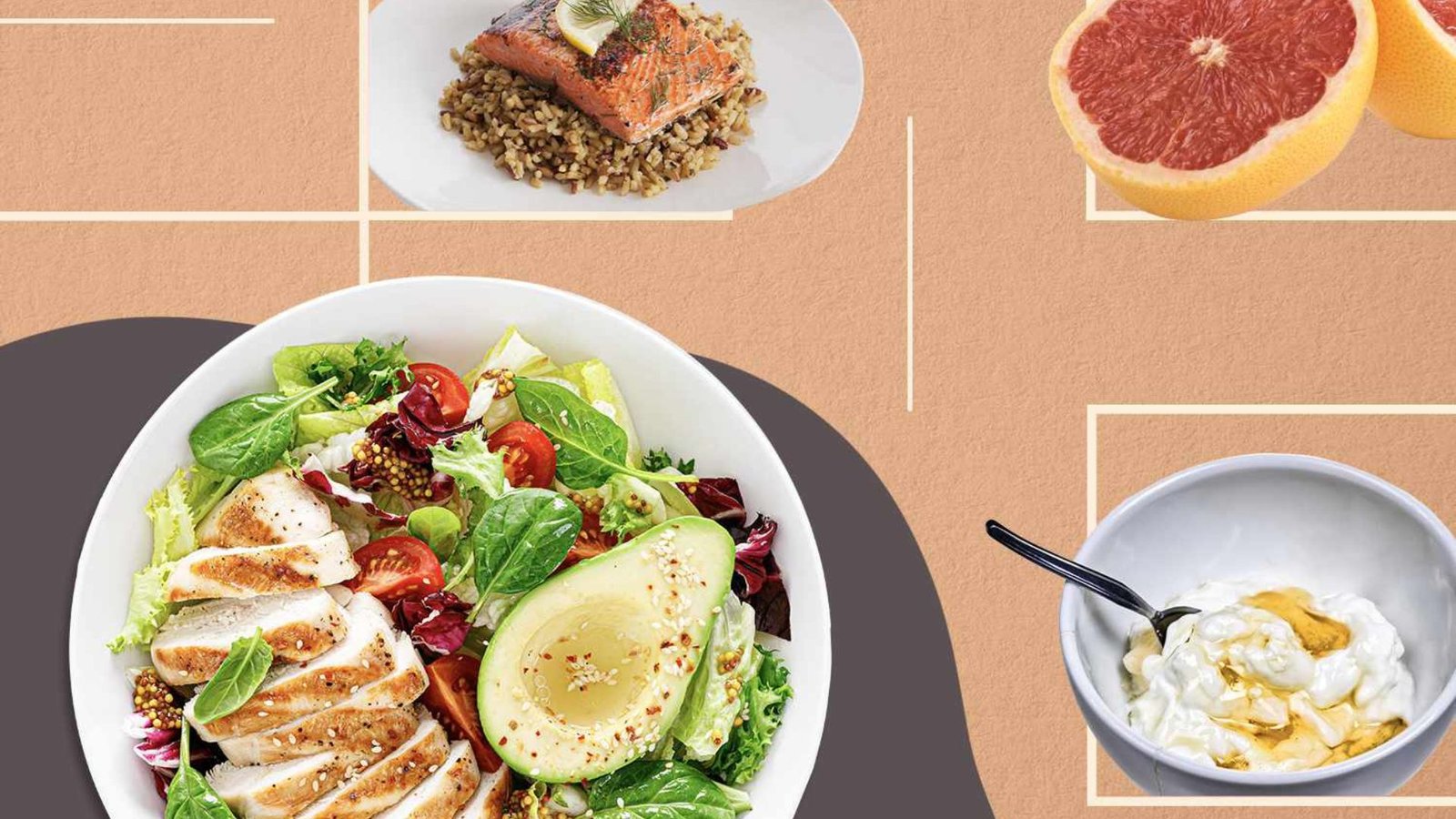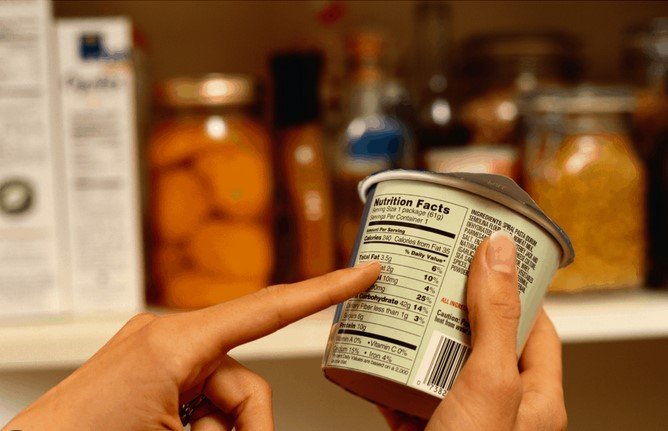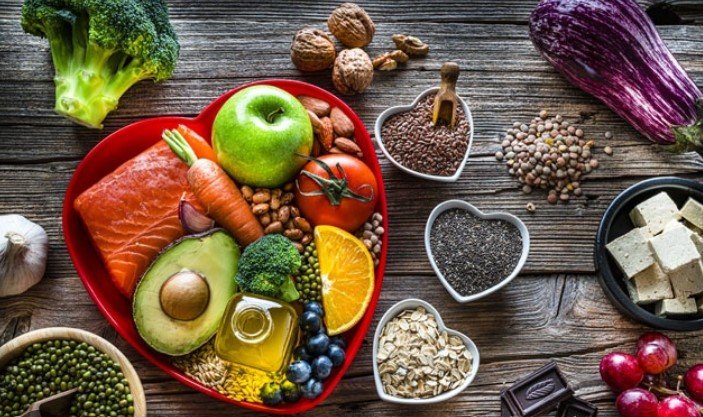The immune system is our body’s defense mechanism against harmful invaders like viruses, bacteria, and other pathogens. Keeping it strong and responsive is crucial to maintaining overall health. One of the most effective ways to ensure a healthy immune system is through proper nutrition. A well-balanced diet, rich in essential nutrients, can significantly boost immune function, helping to ward off illness and promote quicker recovery. In this article, we’ll explore the connection between nutrition and immunity, highlighting key nutrients that play a vital role in immune defense.

The Role of Nutrition in Immune Function
Your body relies on a variety of nutrients to support immune cells, create antibodies, and manage inflammation. Deficiencies in specific vitamins and minerals can weaken immune responses, making you more susceptible to infections. On the other hand, eating a wide variety of nutrient-dense foods can provide your immune system with the tools it needs to function optimally.
Essential Nutrients That Strengthen Immunity
Vitamin C: A Powerful Antioxidant
Vitamin C is well-known for its role in supporting immune health. As an antioxidant, it helps protect cells from damage caused by free radicals and supports the function of various immune cells. Additionally, vitamin C enhances the production of white blood cells, which are crucial for fighting infections.
Foods Rich in Vitamin C:
- Citrus fruits (oranges, grapefruits, lemons)
- Strawberries
- Bell peppers
- Kiwi
- Broccoli
Vitamin D: The Sunshine Vitamin
Vitamin D is essential for immune function as it helps regulate the immune system, ensuring it responds appropriately to infections. It plays a role in the activation of T-cells, which are critical for immune defense. Research suggests that vitamin D deficiency may increase susceptibility to autoimmune diseases and respiratory infections.
Foods Rich in Vitamin D:
- Fatty fish (salmon, mackerel, sardines)
- Fortified foods (milk, cereals, plant-based milks)
- Egg yolks
- Mushrooms (especially when exposed to sunlight)
Zinc: Vital for Immune Cells
Zinc is crucial for the development and function of immune cells. It helps regulate the immune system, assists in wound healing, and plays a role in maintaining the integrity of the skin, the body’s first line of defense. A deficiency in zinc can lead to weakened immunity and slow recovery from infections.
Foods Rich in Zinc:
- Meat (beef, lamb, poultry)
- Legumes (chickpeas, lentils)
- Seeds (pumpkin, sesame)
- Nuts (cashews, almonds)
- Whole grains
Iron: Oxygen Transport for Immune Health
Iron is essential for the production of hemoglobin, which carries oxygen to the body’s cells, including immune cells. Adequate iron levels ensure that immune cells are well-oxygenated and can function at their best. Low iron levels can impair immune cell function and reduce the body’s ability to fight infections.
Foods Rich in Iron:
- Red meat
- Poultry
- Leafy greens (spinach, kale)
- Legumes (lentils, beans)
- Fortified cereals
Probiotics: Gut Health and Immunity
The gut is home to a large portion of your immune cells, and maintaining a healthy gut microbiome is vital for immune health. Probiotics, which are beneficial bacteria found in fermented foods, help balance the gut microbiome, promote healthy digestion, and support the immune system.
Foods Rich in Probiotics:
- Yogurt (with live and active cultures)
- Sauerkraut
- Kimchi
- Kefir
- Miso
The Impact of a Balanced Diet on Immunity
Eating a well-rounded diet filled with a variety of colorful fruits and vegetables, whole grains, lean proteins, and healthy fats can have a significant impact on your immune system. When your body receives all the nutrients it needs, it’s better equipped to fend off infections, reduce inflammation, and heal more efficiently.
Key Dietary Practices for Immune Health:
- Eat a Rainbow of Fruits and Vegetables: A variety of colors means a wide range of antioxidants, vitamins, and minerals, all of which support immune health.
- Incorporate Lean Proteins: Protein is essential for immune cells, enzymes, and antibodies. Include lean meats, fish, legumes, and plant-based protein sources like tofu.
- Healthy Fats: Omega-3 fatty acids, found in fatty fish, flaxseeds, and walnuts, have anti-inflammatory properties that help regulate immune responses.
- Stay Hydrated: Water is necessary for the circulation of immune cells and the detoxification of the body. Aim to drink plenty of water throughout the day.
The Role of Antioxidants in Immunity
Antioxidants, found in fruits, vegetables, and certain nuts, are compounds that protect the body from oxidative stress. Oxidative stress occurs when free radicals overwhelm the body’s defenses, leading to inflammation and weakened immune function. Antioxidants neutralize free radicals, reducing inflammation and supporting immune health.
Powerful Antioxidant-Rich Foods:
- Berries (blueberries, strawberries, raspberries)
- Dark leafy greens (spinach, kale)
- Nuts and seeds (almonds, sunflower seeds)
- Dark chocolate (70% cocoa or higher)
- Green tea
Conclusion
Proper nutrition plays a critical role in boosting and maintaining immune health. By consuming a variety of nutrient-dense foods, including those rich in vitamins, minerals, antioxidants, and healthy fats, you can support your immune system and enhance your body’s ability to fight off infections. Remember, a healthy diet is not only about eating the right foods but also about making these choices consistently to create a foundation for a strong, resilient immune system.











